Daily Report Archives
Established in December 1993, the Nautilus Institute’s *N*ortheast *A*sia *P*eace and *S*ecurity *N*etwork (NAPSNet) Daily Report served thousands of readers in more than forty countries, including policy makers, diplomats, aid organizations, scholars, donors, activists, students, and journalists.
The NAPSNet Daily Report aimed to serve a community of practitioners engaged in solving the complex security and sustainability issues in the region, especially those posed by the DPRK’s nuclear weapons program and the threat of nuclear war in the region. It was distributed by email rom 1993-1997, and went on-line in December 1997, which is when the archive on this site begins. The format at that time can be seen here.
However, for multiple reasons—the rise of instantaneous news services, the evolution of the North Korea and nuclear issues, the increasing demand for specialized and synthetic analysis of these and related issues, and the decline in donor support for NAPSNet—the Institute stopped producing the Daily Report news summary service as of December 17, 2010.

ALEX WELLERSTEIN AUGUST 8, 2019 I. INTRODUCTION In this essay, Alex Wellerstein sketches a framework for thinking about how concentrated nuclear use authority should be at the top. While he discusses specific US proposals for reform in response to the debate about President Donald Trump’s fitness, the scope of his analysis is global and […]
Go to the article

M.V. RAMANA & LAUREN J. BORJA AUGUST 1, 2019 I. INTRODUCTION In this essay, M.V. Ramana and Lauren Borja state that Indian nuclear weapons reportedly are “controlled by the Nuclear Command Authority, a two layered structure, one of which is headed by the Prime Minister. Nuclear command and control in India,” they conclude, “has […]
Go to the article

NANCY LEVESON JULY 25 2019 I. INTRODUCTION In this essay, Nancy Leveson argues that using conservative techniques and avoiding software in critical functions in NC3 systems circumvented nuclear catastrophe in the past. Today, she concludes, a new approach is needed that avoids unnecessary complexity; emphasizes less not more technology; and improves NC3 systems by developing […]
Go to the article

FIONA S. CUNNINGHAM JULY 18 2019 I. INTRODUCTION In this essay, Fiona Cunningham describes the origins of China’s NC3 system and its primary role in supporting China’s land-based missile force. She outlines recent developments including mobility, “informatization” and automation of parts of the NC3 system, pending deployment of nuclear missile submarines, early warning systems, evolving […]
Go to the article
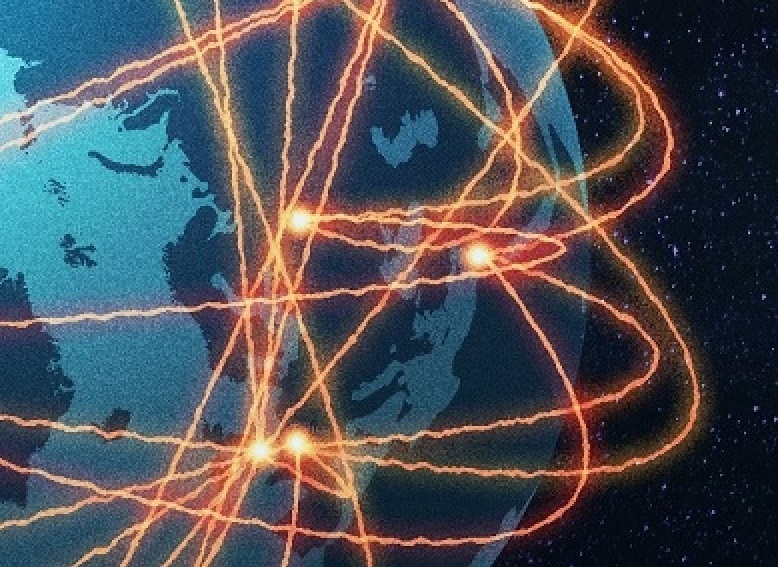
LEONID RYABIKHIN JULY 11 2019 I. INTRODUCTION In this essay, Leonid Ryabikhin argues that distrust, misunderstanding and concern prevail in US/NATO and Russia relations “which increases the risk of unintended or accidental conflict. Human or technical mistakes and a variety of natural events can cause the failure or malfunction of technical systems and errors […]
Go to the article
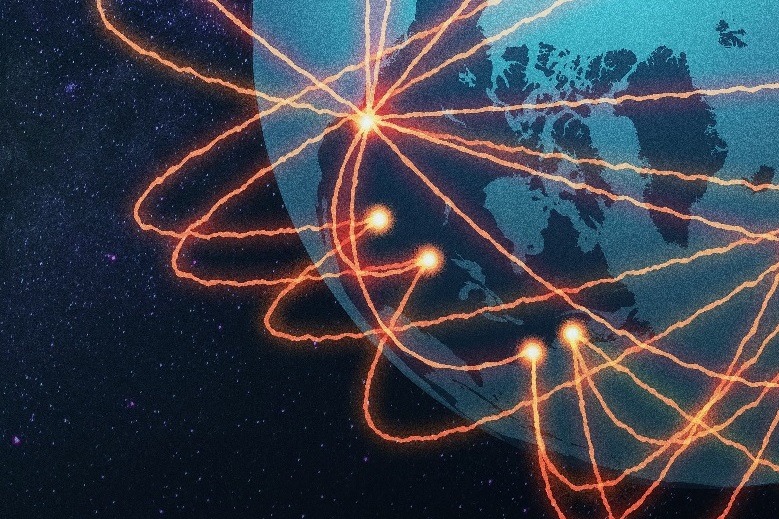
ELVERT L. GARDNER July 2, 2019 I. INTRODUCTION In this essay, Elvert Gardner describes NDU’s inaugural NC3 study course on the readiness of the industrial base to support US NC3 modernization and supply chain risks that may impede DoD’s ability to purchase technology in a timely and affordable manner. Colonel Elvert Gardner is an […]
Go to the article
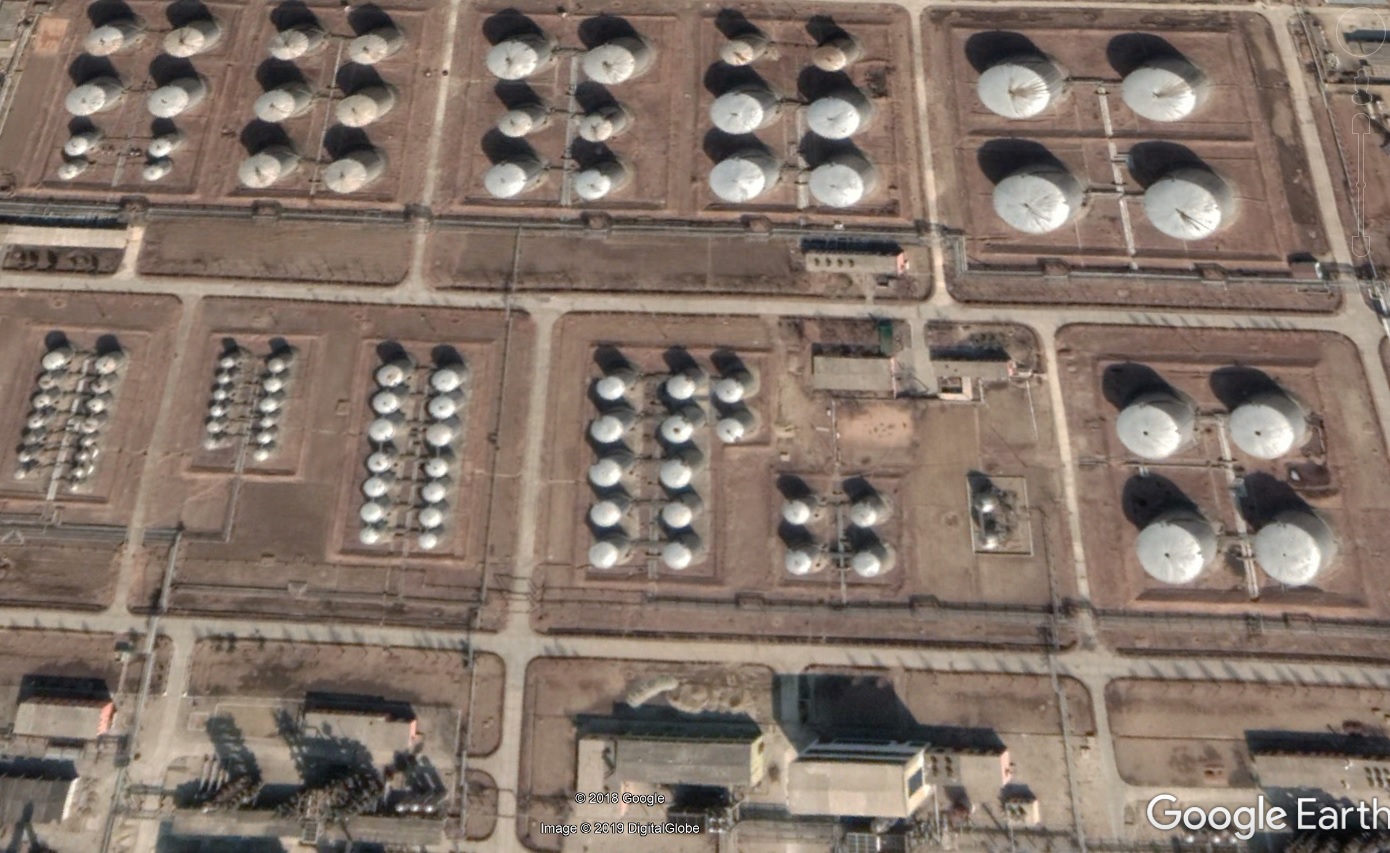
DAVID VON HIPPEL AND PETER HAYES JUNE 30, 2019 I. INTRODUCTION In this Special Report, David von Hippel and Peter Hayes provide estimates of DPRK supply of and demand for petroleum products in recent years. Demand (and thus balancing supply) for key oil products in 2017 seems to have been considerably higher than official […]
Go to the article
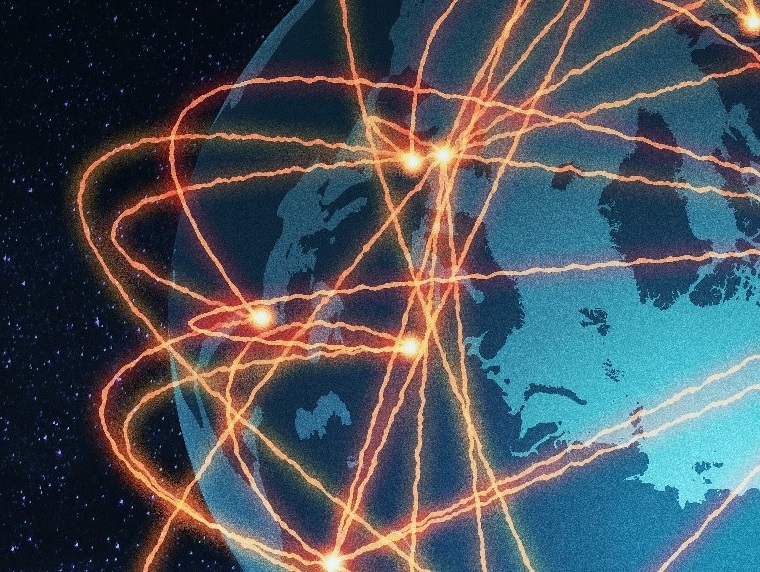
CAN KASAPOĞLU JUNE 27, 2019 I. INTRODUCTION In this essay, Can Kasapoğlu argues that in contrast to the other four NATO “nuclear delivery states (Belgium, Germany, Italy, The Netherlands, Turkey), Turkey no longer appears to have an active nuclear weapons delivery mission using bombers and its NC3 system is likely dormant. “Yet,” he concludes, “in […]
Go to the article

JON R. LINDSAY JUNE 20, 2019 I. INTRODUCTION In this essay, Jon Lindsay argues that “As NC3 increasingly uses digital technologies to enhance efficiency and reliability, the cybersecurity of NC3 becomes a pressing concern. Adversaries have incentives to penetrate NC3 for intelligence in peacetime and for counterforce in wartime. Given the broad diffusion of cyber […]
Go to the article
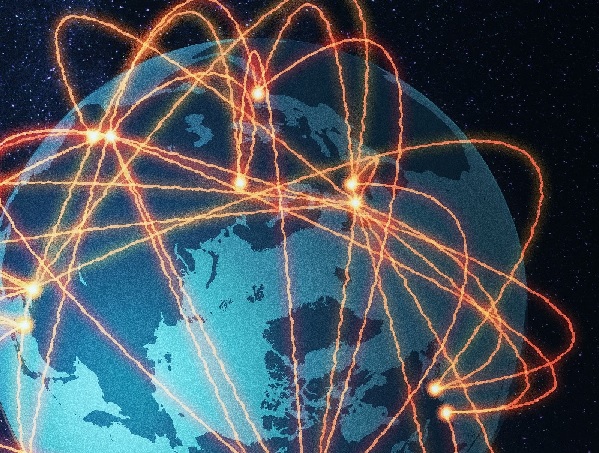
BENOÎT PELOPIDAS JUNE 13, 2019 II. INTRODUCTION In this essay, Benoît Pelopidas outlines what is known about French NC3 and identifies discursive, sociological and temporal challenges to assessing the validity of claims on this topic. After reviewing the primacy of presidential nuclear authority, the nuclear chain of command, civilian control over the arsenal, tension […]
Go to the article











